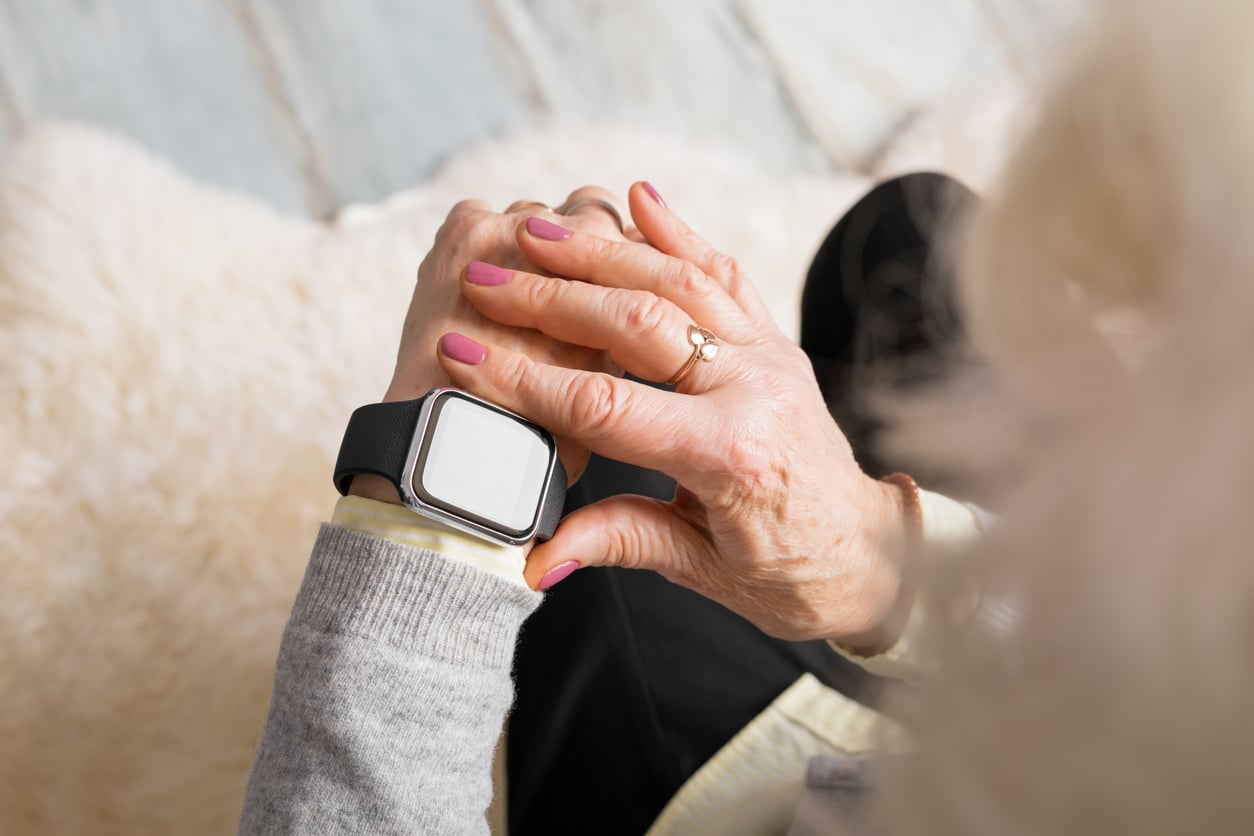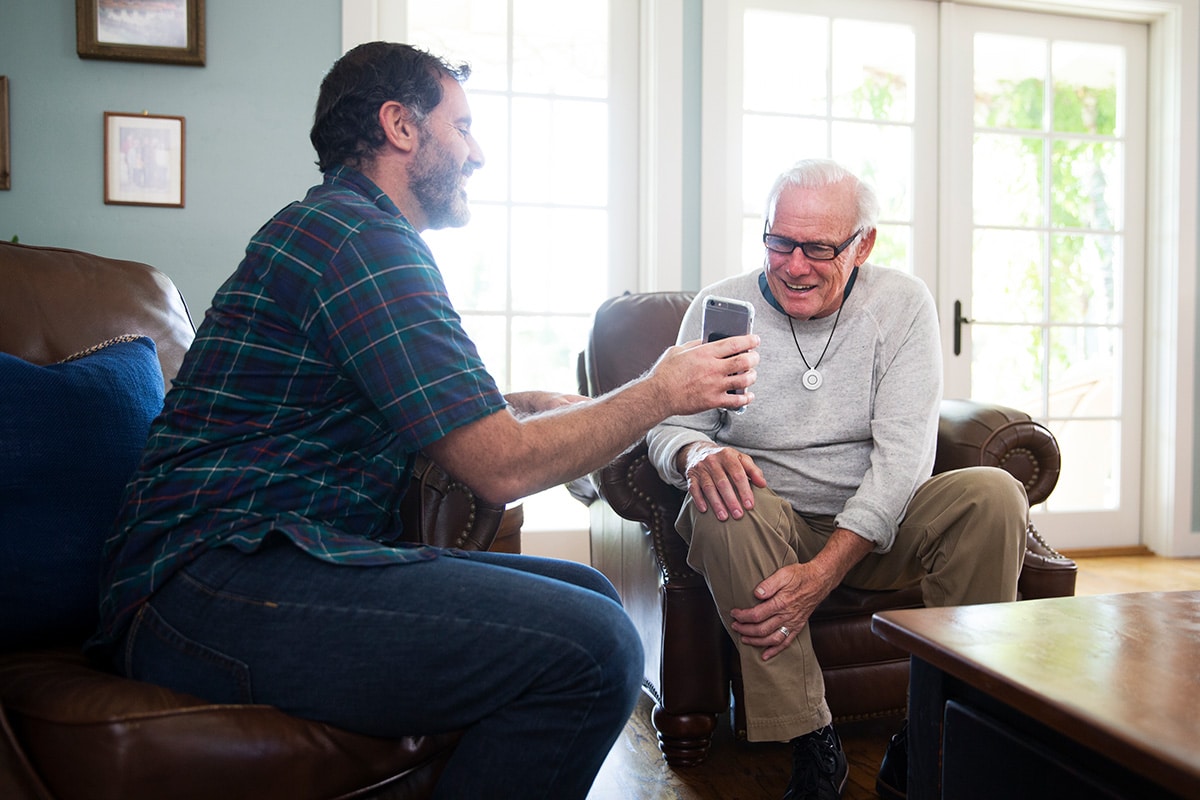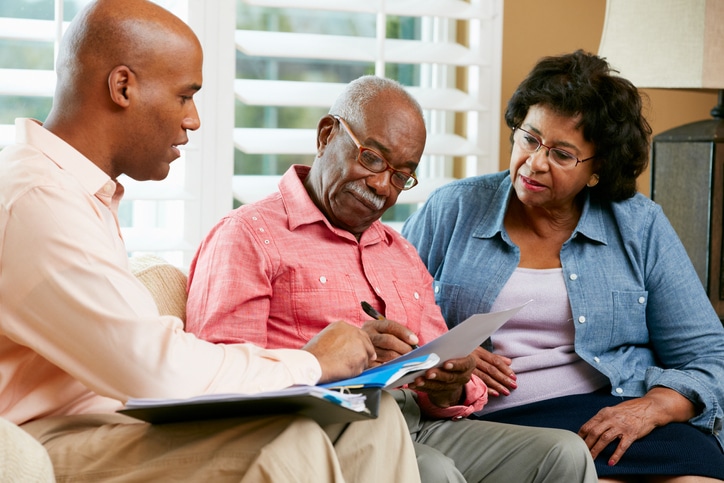As much as we try to avoid injuries and medical emergencies, they tend to occur more frequently as we age. In fact, seniors account about for one-third of all hospitalizations, according to the Agency for Healthcare Research and Quality. Every year, there are more than 13.2 million hospital stays for seniors in the United States, which is why being prepared for an accident or issue is extremely important. More than that, it’s vital to know that should an accident occur, you’ll receive a reliable emergency response.
Many seniors consider investing in a medical alert system to ensure help is never farther away than the press of a button. Though this is a great idea, there’s more to selecting a system than just picking a device. The system itself is important, but when you make your choice, there’s yet another aspect to consider: the emergency response center.
What Is the Emergency Response Center?
The emergency response center is the call center that responds to the push of a medical alert button. If you have a device with fall detection, you will be automatically connected to a response center associate when a fall is detected. The associates who work in the call center are trained to be calm and helpful and to dispatch first responders or to call your emergency contact as needed.
What Should I Look for in a Response Center?
Just as all types of medical alert devices can vary, so can their emergency response centers. Before you choose a system to protect your safety, you should follow these tips to make sure you’re getting a system that meets your needs:
- Choose a system that connects you with another person immediately. These devices have many advantages over those that simply send an ambulance.
- Ask how the associates are trained and look for a company that trains its response center employees to put you at ease in an emergency.
- Ensure there are associates available in the call center around the clock.
- Look for a United States–based emergency response center. International call centers may not be as reliable.
- Ask about delays in calling or call center responses. The response time should be only a matter of seconds instead of several minutes.
The emergency response center plays a vital role in a medical alert system. Ensuring the associates are well trained and the response is reliable should be paramount when choosing which system is right for you.
The Lifeline Response Center
When you or a loved one is alone and needs help, you want fast assistance from someone who cares. Every Lifeline product provides direct access to the Lifeline Response Center, 24/7/365.
Our Trained Care Specialists are just seconds away. Our Response Center, which supports multiple languages, answers whenever the personal alert button is pressed. Lifeline systems with automatic fall detection enable Trained Care Specialists to call out if they receive a fall detected alert, whether the button is pressed or not. If we cannot make verbal contact after a fall alert signal is sent by the Lifeline system, we may call emergency services.
At Lifeline, we are passionately committed to helping seniors live safer, more independent lives – easing the stress and worry for family members and caregivers.




